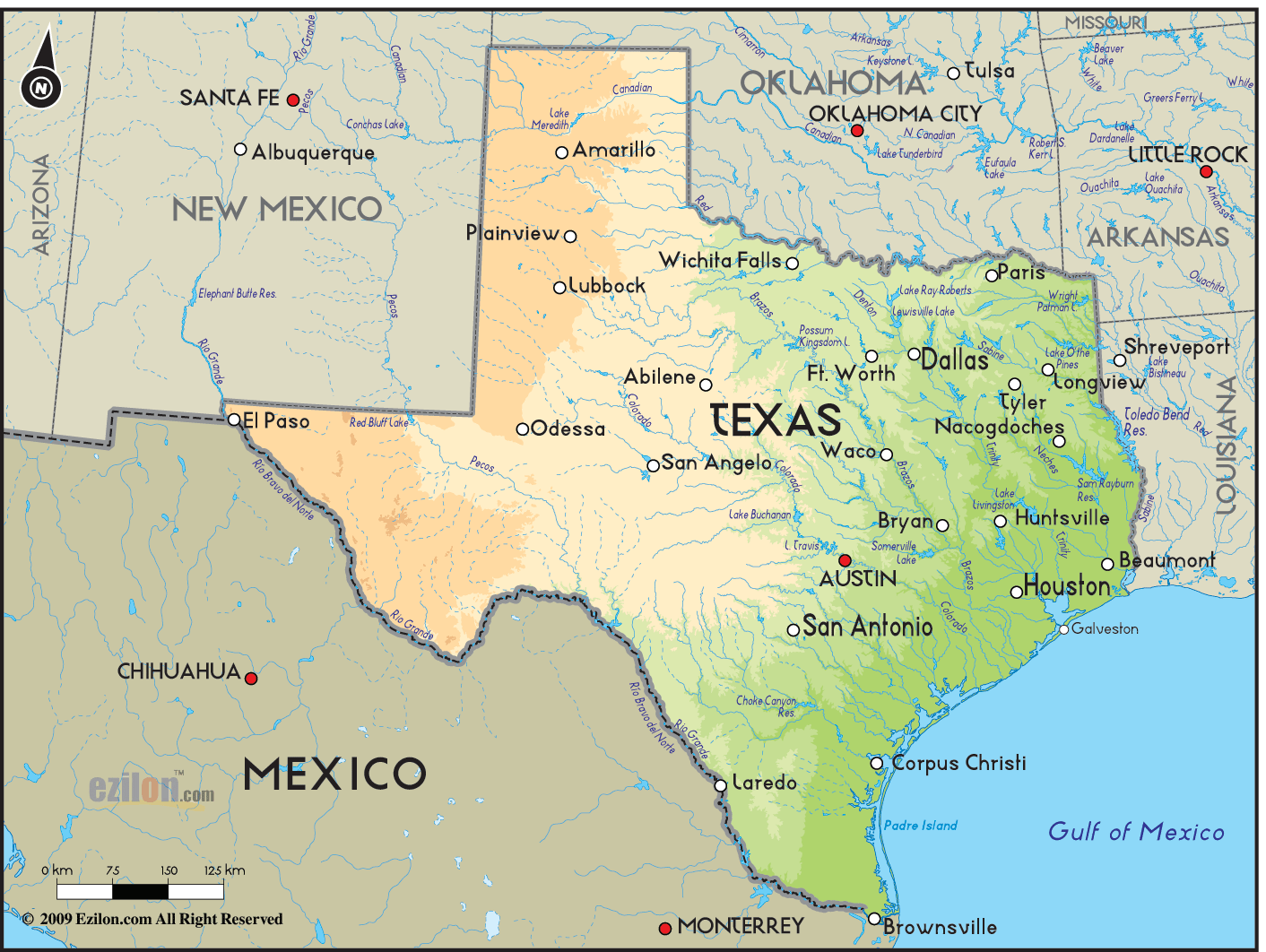plus ça change, plus c'est la même chose
the more the change, the more it is the same
Yesterday I watched a televised talk by Richard Parker about his book Lone Star Nation: How Texas Will Transform America. In that talk he described massive changes that will occur in the state, from increased urban population, migration from the rest of the United States to the triangle formed by Huston -- San Antonio and Dallas-Fort Worth, increase in the portion of the population of Hispanic ancestry, changes in the religious makeup of the population, and changes in the economy of Texas, the nation and the world. Then he addressed the question, will Texas remain Texan?
 |
| Source |
This year marks the 60th anniversary of my graduation from high school. A decade ago I returned to Los Angeles to meet with five of my close friends from high school for a mini-reunion. It was an interesting experience. On the one hand, I drove past the school and the house I lived in when I was in high school and they were both there, although they seemed smaller than I remembered them. On the other hand, the culture of the neighborhood seemed to have changed a great deal. Indeed, California had changed a great deal (I had lived out of the state for more than 40 of the 50 years, but California continues to make news.) Perhaps you need to be old to perceive how much things change.
Texas today is not the same as it was when it was inhabited only by Indians, nor when it was part of Mexico, nor when it was the Lone Star Republic, nor when it was thought by its inhabitants to be one of the states of the Confederate States of America. It is not the same as it was in the reconstruction, nor in the depth of its Jim Crow past. Why should it be the same a half century in the future as it is now?
On the other hand, Texas culture today bears legacies from its history as Texas in the future will almost certainly bear legacies from today.
I think of the United States as a whole. We benefit from the political legacy of Washington, Madison, Jefferson, Jackson and Lincoln; we benefit from the economic legacy of centuries of investment in the nation's productive capacity and economic institutions. On the other hand, we suffer from the racist legacy of slavery and Indian wars and removals; we have perhaps been too warlike a people. The question is whether we will listen to the better angels of our nature to achieve a more just, more perfect society; alternatively we may fall back to evils of the past or discover new evils in which to indulge ourselves/
So too, Texas may become more Texan as it evolves in the future. (Some would dread that possibility.) It may become more like the rest of the country, or it may evolve into something really new.
No comments:
Post a Comment